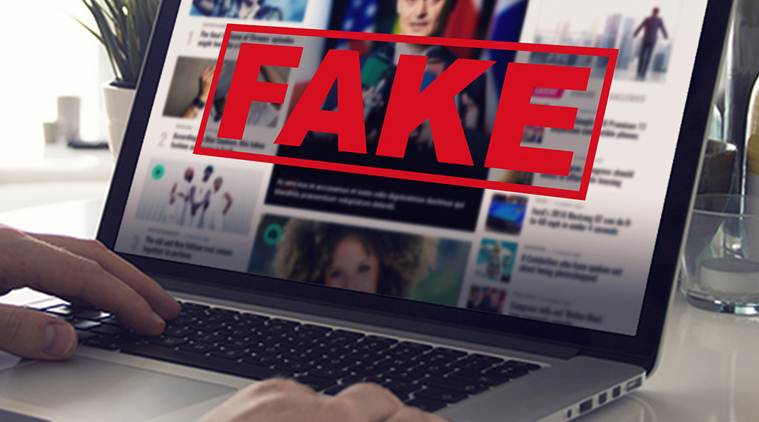 The global fight against fake news
The global fight against fake news
With fake news becoming a growing concern across the world, many countries have introduced anti-fake news bill which has attracted a lot of attention and widespread criticism as well. In India, the Narendra Modi government withdrew a guideline punishing journalists for fake news after the Information and Broadcasting Ministry’s move was severely criticised. Recently, Mark Zuckerberg was under scrutiny over breach of the data of 50 million Facebook users.
Here is how other countries are fighting fake news:
Malaysia
Malaysia’s parliament on Monday passed a law prohibiting fake news that critics fear will be abused to silence dissent ahead of a general election. Despite warnings such a law would lead Malaysia closer to dictatorship, the bill was approved 123 to 64 after a heated debate. The bill has proposed a six-year jail term and a fine of up to 500,000 ringgit ($128,000) for offenders. Government officials have accused the opposition coalition of using fake news to win votes and warned that any news about the indebted state fund that has not been verified by the government is fake.
Indonesia
There’s growing fear in Indonesia that its presidential race could be corrupted. With the contest set to kick off within months, an Indonesian cabinet member, has threatened to shut down Facebook Inc. if there is any evidence the personal data of citizens is being harvested or the social media giant fails to crack down on “fake news” during upcoming elections. Rudiantara, the communications minister, said he had contacted Facebook representatives in Indonesia to seek assurances that no Indonesian user’s data was among the cache harvested by Cambridge Analytica.
India
The I&B Ministry had sent out a circular stating that the accreditation of a journalist, found to have “created and/or propagated” fake news, will be suspended or permanently cancelled. The move drew widespread criticism from journalists and even some Opposition members on Tuesday. Prime Minister Narendra Modi, however, intervened and the guideline was withdrawn. Read further
Germany
In an effort to combat the spread of fake news and hate speech, Germany in 2017 officially unveiled a landmark social-media bill that could land social media companies to face fines of up to €50m (£43m) if they persistently fail to remove illegal content from their sites. The measure requires social media platforms to remove obviously illegal hate speech and other postings within 24 hours after receiving a notification or complaint, and to block other offensive content within seven days.
France
President Emmanuel Macron had vowed to introduce a new law in order to fight the spread of fake news. In his new year’s speech in 2018, the Guardian quoted him, “For fake news published during election seasons, an emergency legal action could allow authorities to remove that content or even block the website and that France’s media watchdog, the CSA, would be empowered to fight against ‘any attempt at destabilisation’ by TV stations controlled or influenced by foreign states.
Italy
The issue of ‘fake news’ has preoccupied policymakers across Europe as multiple countries are gearing up for elections. The term became ubiquitous during America’s 2016 presidential election, when it typically described false stories, often generated or amplified by Russian-linked social media accounts, that spread online. In Italy, Facebook rolled out for its Italian users in November 2017 a new fact-checking programme aimed at identifying and debunking false information that appears on the site.